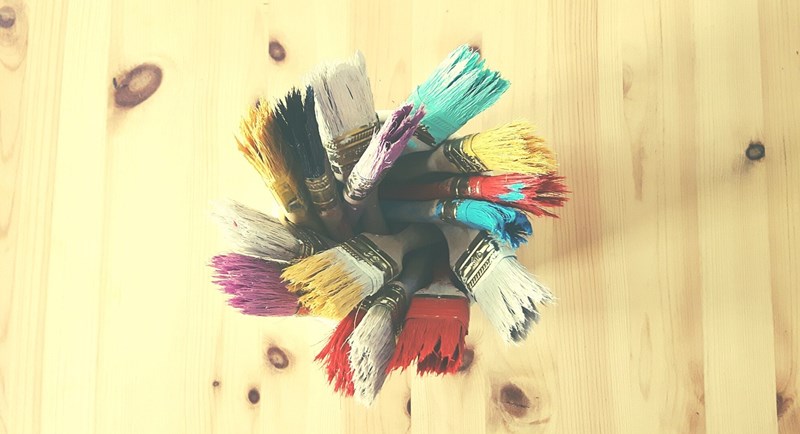
By: Emily Ambrose, Engage Coaching & Consulting
March is here, which for many outdoor outfitters means… training season. The common conundrum around the manager table about what makes the cut this year – what is most important to put in front of their people to (at best) encourage environments where awe and wonder are inspired and (at worst) not get sued. We want to make sure our guest are safe, our guides are competent, and everyone is – for the most part – getting along. This is more than a few hours training but infusing a culture of training coupled with consistent messaging around expectations and strategic planning is a great place to start!
OUT WITH THE “SOFT” STUFF – THESE ARE “ESSENTIAL”
At the core of it, language does matter. Calling skills “soft” or trainings “sensitive” conveys they are expendable or not necessary, which on the contrary – skills and awareness around communication, inclusion, and respect are imperative to keep a great company sailing smoothly. Companies are moving away from referring to “soft skills” – moving toward the more accurate “essential skills” (CSU Career Center). In light of realities surfacing, National Parks are requiring some companies applying for permits to outline how their culture is inclusive and respectful (Grand Canyon National Park). This is encouraging outfitters to step up their game around training topics and assess the climate of their employment, which many companies have already been doing. And this doesn’t always mean diving directly into sexual harassment awareness training (although this is a very good thing as part of your line-up); training on leadership, guide development, group dynamics – all of these essential skills (NWT Literacy Council) will lead to a culture of confidence in navigating conflict and fostering respect and inclusion.
PEOPLE ARE WANTING AND NEEDING TO LEARN
About a year ago, I did a training on Inclusive and Respectful Work Environments for a large rafting outfitter. We talked through scenarios, learned some skills, and most importantly was what happened on the side-lines. One of the most “seasoned”, saltiest, rough-around-the-edges guides there came up to me during the break. He said, “Emily, my grandson just came out to us as gay. I need him to know I love him and I don’t care. What do I do?” As training around the lesbian, gay, bisexual, transgender, and queer (LGBTQ) community is a passion of mine, I was thrilled on the inside – and of course kept it cool on the outside. People want this – they need this. It doesn’t just make people better in their jobs; it makes them better at life. We talked through some approaches, I sent some follow-up resources, and the learning continues.
THE NUMBERS DON’T LIE
When I had the opportunity to present at AO’s conference this year, I took a poll. There were 65 people in attendance, ranging from managers and owners to folks brand new to the profession. The questions ranged from, How are people feeling about the topic? to, Where would you say your organization is in regards to inclusive and respectful culture? The responses were invigorating. Half of respondents wanted to learn how to diversify their employee pool/clientele; more than anything else, respondents want to know how to get leadership/employees on board, indicating there is already buy-in at different levels. This is a great place to begin.
SO WHERE DO WE START? HOW DO WE CONTINUE?
Have a plan. Don’t just jump into some haphazard training to check a box. Ask if your organization is ready to embark upon this journey. ASSESS the culture first – what do you think versus what is lived reality for your employees? For your guests? How do you know? What kind of messages are people receiving inside and outside of your organization? Who would feel included if they looked at your marketing? How is feedback, praise, discipline communicated? Asking questions which lead into strategic planning can be daunting. Consultants, firms, even people in your organization can be there to help! Remember, culture change takes 7-10 years of consistent intervention (Washington Consultant Group). Sustainable change is slow – and worth it. Train well; train often. And have a great next season!
ABOUT THE AUTHOR
Email: emily@engagecoachingandconsulting.com
Website: engagecoachingandconsulting.com
Note: Emily Ambrose, (pronouns: she/her/hers) of Engage Coaching & Consulting, has dedicated her professional career to leadership development, training, facilitation, diversity, and inclusion work. Currently working at Colorado State University in Diversity, Training, and Development for over 10 years, she also found home in the Grand Canyon working as a guide for Arizona Raft Adventures (AzRA).